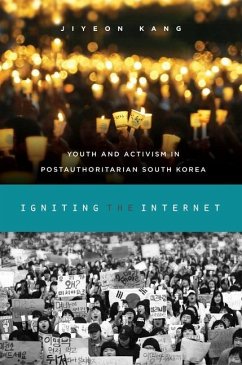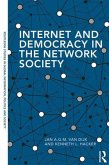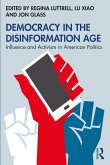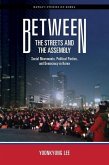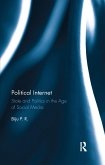Igniting the Internet is one of the first books to examine in depth the development and consequences of Internet-born politics in the twenty-first century. It takes up the new wave of South Korean youth activism that originated online in 2002, when the country's dynamic cyberspace transformed a vehicular accident involving two U.S. servicemen into a national furor that compelled many Koreans to reexamine the fifty-year relationship between the two countries. Responding to the accident, which ended in the deaths of two high school students, technologically savvy youth went online to organize demonstrations that grew into nightly rallies across the nation. Internet-born, youth-driven mass protest has since become a familiar and effective repertoire for activism in South Korea, even as the rest of the world has struggled to find its feet with this emerging model of political involvement. Igniting the Internet focuses on the cultural dynamics that have allowed the Internet to bring issues rapidly to public attention and exert influence on both domestic and international politics. The author combines a robust analysis of online communities with nuanced interview data to theorize a "cultural ignition process"--the mechanisms and implications for popular politics in volatile Internet-driven activism--in South Korea and beyond. She offers a unique perspective on how local actors experience and remember the cultural dynamics of Internet-born activism and how these experiences shape the political identities of a generation who has essentially come of age in cyberspace, the so-called digital natives or millennials. South Korea's debates on the nature of youth-driven Internet protest reverberated around the world following the events in Tahrir Square in 2010 and Zuccotti Park in 2011. Igniting the Internetoffers numerous points of comparison with countries following a path of technological development and urban youth formation similar to that of South Korea with a thorough consideration of general structural changes and locally specific triggers for Internet activism. Readers interested in social movement theory and new media in social context as well as students and scholars of Korean studies will find the work both far-reaching and insightful.

